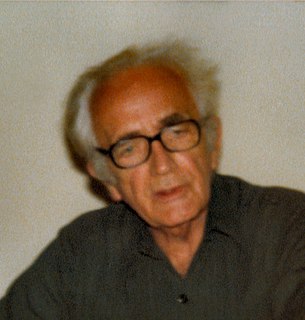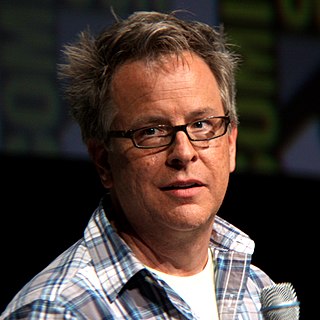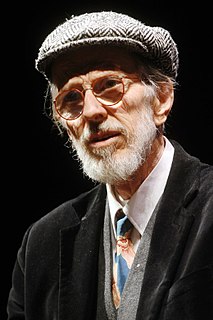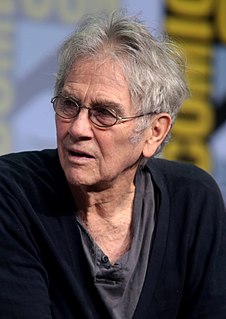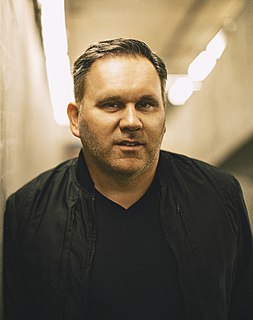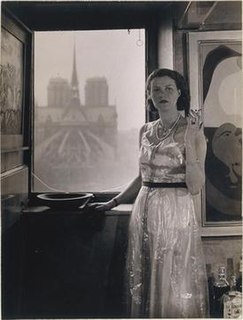A Quote by Fritz Leiber
Yet for all the childish innocence of its bizarre glamor, Venice developed an atmosphere, or became the outpost of a sinister deep-rooted power.... It is a place of dreams, not only the tinseled ones.
Related Quotes
... in the eyes of its visitors, Venice has no reality of its own. Anyone visiting the place has already seen so many pictures of it that they can only attempt to view it via these clichés, and they take home photographs of Venice that are similar to the ones they already knew. Venice [is] becoming like one of those painted backdrops that photographers use in their studio.
There are no moments more painful for a parent than those in which you contemplate your child's perfect innocence of some imminent pain, misfortune, or sorrow. That innocence (like every kind of innocence children have) is rooted in their trust of you, one that you will shortly be obliged to betray; whether it is fair or not, whether you can help it or not, you are always the ultimate guarantor or destroyer of that innocence.
Life is sinister. I don't know if I am representing life exactly, but sinister, I think it has to do with dreams. You're dreaming when you're awake: you're sitting on the subway and you look around, and you can think of sinister things that are kind of delightful to think of because they're not really happening, but they are in your mind. They're about wishes, desires - sexy, dangerous, hopeful, the way it could be, maybe.
I think art is the only political power, the only revolutionary power, the only evolutionary power, the only power to free humankind form all repression. I say not that art has already realized this, on the contrary, and because it has not, it has to be developed as a weapon, at first there are radical levels, then you can speak about special details.
So the city became the material expression of a particular loss of innocence – not sexual or political innocence but somehow a shared dream of what a city might at its best prove to be – its inhabitants became, and have remained, an embittered and amnesiac race, wounded but unable to connect through memory to the moment of injury, unable to summon the face of their violator.
